[Anchor]
The legendary boxer Muhammad Ali was plagued by Parkinson's disease for 32 years.
It is considered one of the three major age-related brain diseases, along with dementia and stroke.
In South Korea, the number of patients increased from about 125,000 in 2019 to over 142,000 in 2023, a nearly 14% rise in just four years.
As we enter a super-aged society, it is estimated that the number of Parkinson's disease patients will exceed 150,000 this year.
How does it differ from dementia?
While dementia leads to a decline in cognitive abilities, Parkinson's disease is accompanied by motor function disorders such as muscle rigidity and tremors.
Additionally, about 40% of Parkinson's disease patients also exhibit symptoms of dementia.
Patients with Parkinson's disease, for which the causes and treatments remain unknown, continue to struggle in a poor medical environment.
Reporter Jeong Yeon-wook has the story.
[Report]
Professor Park Chun-geun, regarded as the top spinal specialist in the country, was diagnosed with Parkinson's disease 15 years ago.
[Park Chun-geun/Catholic University of Korea Emeritus Professor/Parkinson's Disease Patient: "It felt like I was hit on the back of the head with a steel rod."]
Becoming a patient with a chronic disease revealed the poor medical environment.
Though rehabilitation therapy was essential, low reimbursement rates made it hard to find therapists.
[Park Chun-geun/Catholic University of Korea Emeritus Professor/Parkinson's Disease Patient: “Therapists work for 30 minutes and get paid only a few thousand won.”]
Over 90% of rehabilitation medicine specialists responded in a related survey that it is difficult to properly treat Parkinson's disease patients under the current health insurance system.
More than 60% also indicated that operating rehabilitation therapy rooms is challenging.
It is also not easy to be recognized as a disability.
Symptoms vary depending on medication, so experts argue that the disability criteria for Parkinson’s should be more flexible.
[Park Chun-geun/Catholic University of Korea Emeritus Professor/Parkinson's Disease Patient: “If I go in for disability assessment while my symptoms are well-controlled with medication, they ask, ‘What disability?’ There’s nothing visible.”]
Dementia, which affects over six times more people, has been supported since 2012 through the Dementia Management Act, which provides diagnostic and treatment aid.
Discussions are ongoing in the National Assembly regarding government medical expense support and the establishment of public nursing hospitals for Parkinson's disease.
[Kang Seon-woo/Member of the National Assembly Health and Welfare Committee: "We need to move in a direction where we can provide inclusive and integrated support, and a legislative framework is necessary."]
In the era of 150,000 Parkinson's disease patients.
While a complete cure may be difficult, an urgent need exists to create an environment where proper treatment and rehabilitation can be provided.
[Park Chun-geun/Catholic University of Korea Emeritus Professor/Parkinson's Disease Patient: "Treatment improves my condition. I have improved. I can't even express how much I've improved."]
This is Jeong Yeon-wook from KBS News.
The legendary boxer Muhammad Ali was plagued by Parkinson's disease for 32 years.
It is considered one of the three major age-related brain diseases, along with dementia and stroke.
In South Korea, the number of patients increased from about 125,000 in 2019 to over 142,000 in 2023, a nearly 14% rise in just four years.
As we enter a super-aged society, it is estimated that the number of Parkinson's disease patients will exceed 150,000 this year.
How does it differ from dementia?
While dementia leads to a decline in cognitive abilities, Parkinson's disease is accompanied by motor function disorders such as muscle rigidity and tremors.
Additionally, about 40% of Parkinson's disease patients also exhibit symptoms of dementia.
Patients with Parkinson's disease, for which the causes and treatments remain unknown, continue to struggle in a poor medical environment.
Reporter Jeong Yeon-wook has the story.
[Report]
Professor Park Chun-geun, regarded as the top spinal specialist in the country, was diagnosed with Parkinson's disease 15 years ago.
[Park Chun-geun/Catholic University of Korea Emeritus Professor/Parkinson's Disease Patient: "It felt like I was hit on the back of the head with a steel rod."]
Becoming a patient with a chronic disease revealed the poor medical environment.
Though rehabilitation therapy was essential, low reimbursement rates made it hard to find therapists.
[Park Chun-geun/Catholic University of Korea Emeritus Professor/Parkinson's Disease Patient: “Therapists work for 30 minutes and get paid only a few thousand won.”]
Over 90% of rehabilitation medicine specialists responded in a related survey that it is difficult to properly treat Parkinson's disease patients under the current health insurance system.
More than 60% also indicated that operating rehabilitation therapy rooms is challenging.
It is also not easy to be recognized as a disability.
Symptoms vary depending on medication, so experts argue that the disability criteria for Parkinson’s should be more flexible.
[Park Chun-geun/Catholic University of Korea Emeritus Professor/Parkinson's Disease Patient: “If I go in for disability assessment while my symptoms are well-controlled with medication, they ask, ‘What disability?’ There’s nothing visible.”]
Dementia, which affects over six times more people, has been supported since 2012 through the Dementia Management Act, which provides diagnostic and treatment aid.
Discussions are ongoing in the National Assembly regarding government medical expense support and the establishment of public nursing hospitals for Parkinson's disease.
[Kang Seon-woo/Member of the National Assembly Health and Welfare Committee: "We need to move in a direction where we can provide inclusive and integrated support, and a legislative framework is necessary."]
In the era of 150,000 Parkinson's disease patients.
While a complete cure may be difficult, an urgent need exists to create an environment where proper treatment and rehabilitation can be provided.
[Park Chun-geun/Catholic University of Korea Emeritus Professor/Parkinson's Disease Patient: "Treatment improves my condition. I have improved. I can't even express how much I've improved."]
This is Jeong Yeon-wook from KBS News.
■ 제보하기
▷ 카카오톡 : 'KBS제보' 검색, 채널 추가
▷ 전화 : 02-781-1234, 4444
▷ 이메일 : kbs1234@kbs.co.kr
▷ 유튜브, 네이버, 카카오에서도 KBS뉴스를 구독해주세요!
- Parkinson's patients top 150,000
-
- 입력 2025-05-03 04:42:35
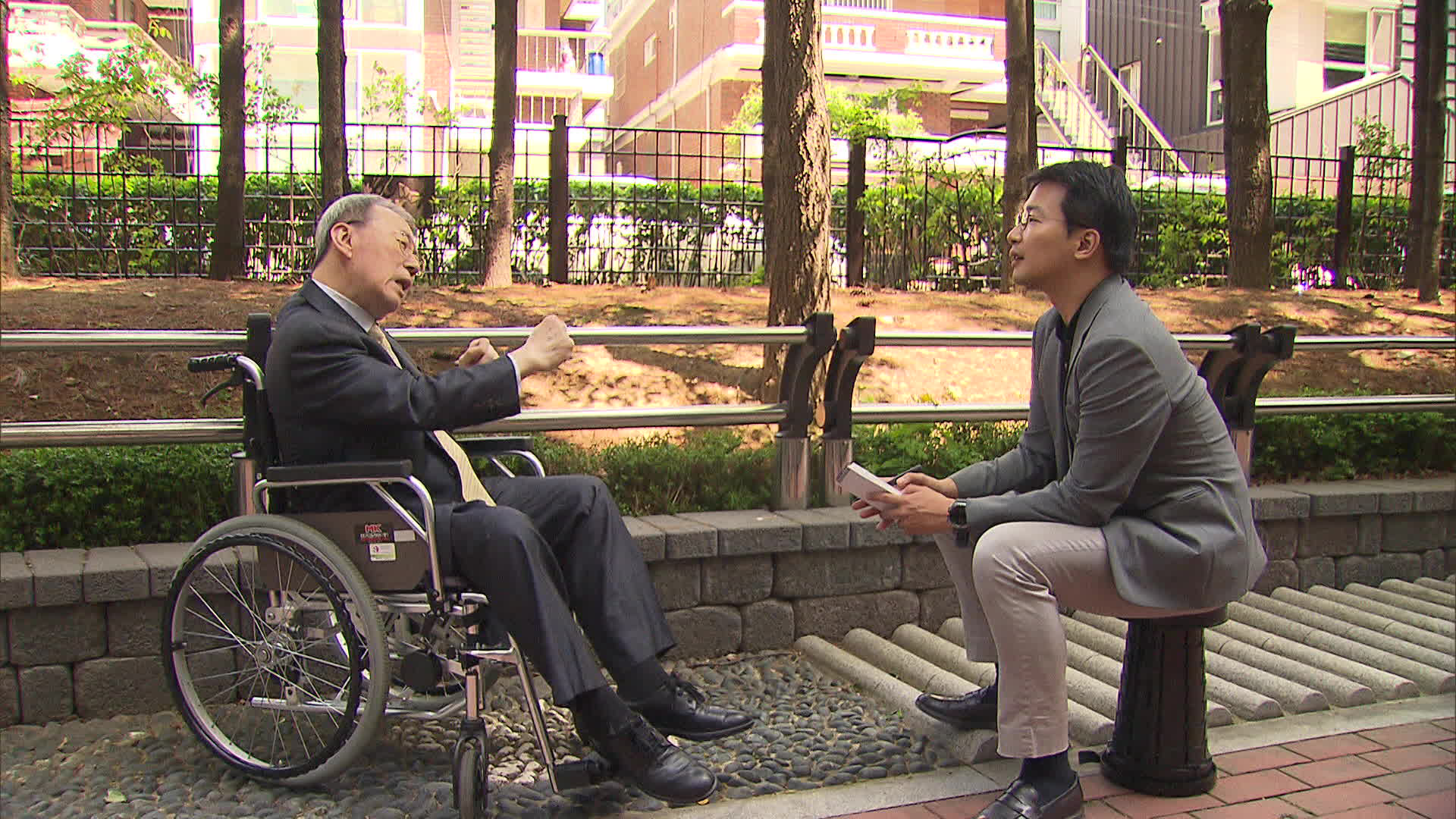
[Anchor]
The legendary boxer Muhammad Ali was plagued by Parkinson's disease for 32 years.
It is considered one of the three major age-related brain diseases, along with dementia and stroke.
In South Korea, the number of patients increased from about 125,000 in 2019 to over 142,000 in 2023, a nearly 14% rise in just four years.
As we enter a super-aged society, it is estimated that the number of Parkinson's disease patients will exceed 150,000 this year.
How does it differ from dementia?
While dementia leads to a decline in cognitive abilities, Parkinson's disease is accompanied by motor function disorders such as muscle rigidity and tremors.
Additionally, about 40% of Parkinson's disease patients also exhibit symptoms of dementia.
Patients with Parkinson's disease, for which the causes and treatments remain unknown, continue to struggle in a poor medical environment.
Reporter Jeong Yeon-wook has the story.
[Report]
Professor Park Chun-geun, regarded as the top spinal specialist in the country, was diagnosed with Parkinson's disease 15 years ago.
[Park Chun-geun/Catholic University of Korea Emeritus Professor/Parkinson's Disease Patient: "It felt like I was hit on the back of the head with a steel rod."]
Becoming a patient with a chronic disease revealed the poor medical environment.
Though rehabilitation therapy was essential, low reimbursement rates made it hard to find therapists.
[Park Chun-geun/Catholic University of Korea Emeritus Professor/Parkinson's Disease Patient: “Therapists work for 30 minutes and get paid only a few thousand won.”]
Over 90% of rehabilitation medicine specialists responded in a related survey that it is difficult to properly treat Parkinson's disease patients under the current health insurance system.
More than 60% also indicated that operating rehabilitation therapy rooms is challenging.
It is also not easy to be recognized as a disability.
Symptoms vary depending on medication, so experts argue that the disability criteria for Parkinson’s should be more flexible.
[Park Chun-geun/Catholic University of Korea Emeritus Professor/Parkinson's Disease Patient: “If I go in for disability assessment while my symptoms are well-controlled with medication, they ask, ‘What disability?’ There’s nothing visible.”]
Dementia, which affects over six times more people, has been supported since 2012 through the Dementia Management Act, which provides diagnostic and treatment aid.
Discussions are ongoing in the National Assembly regarding government medical expense support and the establishment of public nursing hospitals for Parkinson's disease.
[Kang Seon-woo/Member of the National Assembly Health and Welfare Committee: "We need to move in a direction where we can provide inclusive and integrated support, and a legislative framework is necessary."]
In the era of 150,000 Parkinson's disease patients.
While a complete cure may be difficult, an urgent need exists to create an environment where proper treatment and rehabilitation can be provided.
[Park Chun-geun/Catholic University of Korea Emeritus Professor/Parkinson's Disease Patient: "Treatment improves my condition. I have improved. I can't even express how much I've improved."]
This is Jeong Yeon-wook from KBS News.
The legendary boxer Muhammad Ali was plagued by Parkinson's disease for 32 years.
It is considered one of the three major age-related brain diseases, along with dementia and stroke.
In South Korea, the number of patients increased from about 125,000 in 2019 to over 142,000 in 2023, a nearly 14% rise in just four years.
As we enter a super-aged society, it is estimated that the number of Parkinson's disease patients will exceed 150,000 this year.
How does it differ from dementia?
While dementia leads to a decline in cognitive abilities, Parkinson's disease is accompanied by motor function disorders such as muscle rigidity and tremors.
Additionally, about 40% of Parkinson's disease patients also exhibit symptoms of dementia.
Patients with Parkinson's disease, for which the causes and treatments remain unknown, continue to struggle in a poor medical environment.
Reporter Jeong Yeon-wook has the story.
[Report]
Professor Park Chun-geun, regarded as the top spinal specialist in the country, was diagnosed with Parkinson's disease 15 years ago.
[Park Chun-geun/Catholic University of Korea Emeritus Professor/Parkinson's Disease Patient: "It felt like I was hit on the back of the head with a steel rod."]
Becoming a patient with a chronic disease revealed the poor medical environment.
Though rehabilitation therapy was essential, low reimbursement rates made it hard to find therapists.
[Park Chun-geun/Catholic University of Korea Emeritus Professor/Parkinson's Disease Patient: “Therapists work for 30 minutes and get paid only a few thousand won.”]
Over 90% of rehabilitation medicine specialists responded in a related survey that it is difficult to properly treat Parkinson's disease patients under the current health insurance system.
More than 60% also indicated that operating rehabilitation therapy rooms is challenging.
It is also not easy to be recognized as a disability.
Symptoms vary depending on medication, so experts argue that the disability criteria for Parkinson’s should be more flexible.
[Park Chun-geun/Catholic University of Korea Emeritus Professor/Parkinson's Disease Patient: “If I go in for disability assessment while my symptoms are well-controlled with medication, they ask, ‘What disability?’ There’s nothing visible.”]
Dementia, which affects over six times more people, has been supported since 2012 through the Dementia Management Act, which provides diagnostic and treatment aid.
Discussions are ongoing in the National Assembly regarding government medical expense support and the establishment of public nursing hospitals for Parkinson's disease.
[Kang Seon-woo/Member of the National Assembly Health and Welfare Committee: "We need to move in a direction where we can provide inclusive and integrated support, and a legislative framework is necessary."]
In the era of 150,000 Parkinson's disease patients.
While a complete cure may be difficult, an urgent need exists to create an environment where proper treatment and rehabilitation can be provided.
[Park Chun-geun/Catholic University of Korea Emeritus Professor/Parkinson's Disease Patient: "Treatment improves my condition. I have improved. I can't even express how much I've improved."]
This is Jeong Yeon-wook from KBS News.
-
-
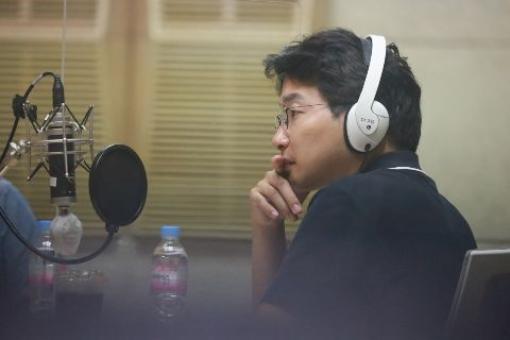
정연욱 기자 donkey@kbs.co.kr
정연욱 기자의 기사 모음
-
이 기사가 좋으셨다면
-
좋아요
0
-
응원해요
0
-
후속 원해요
0










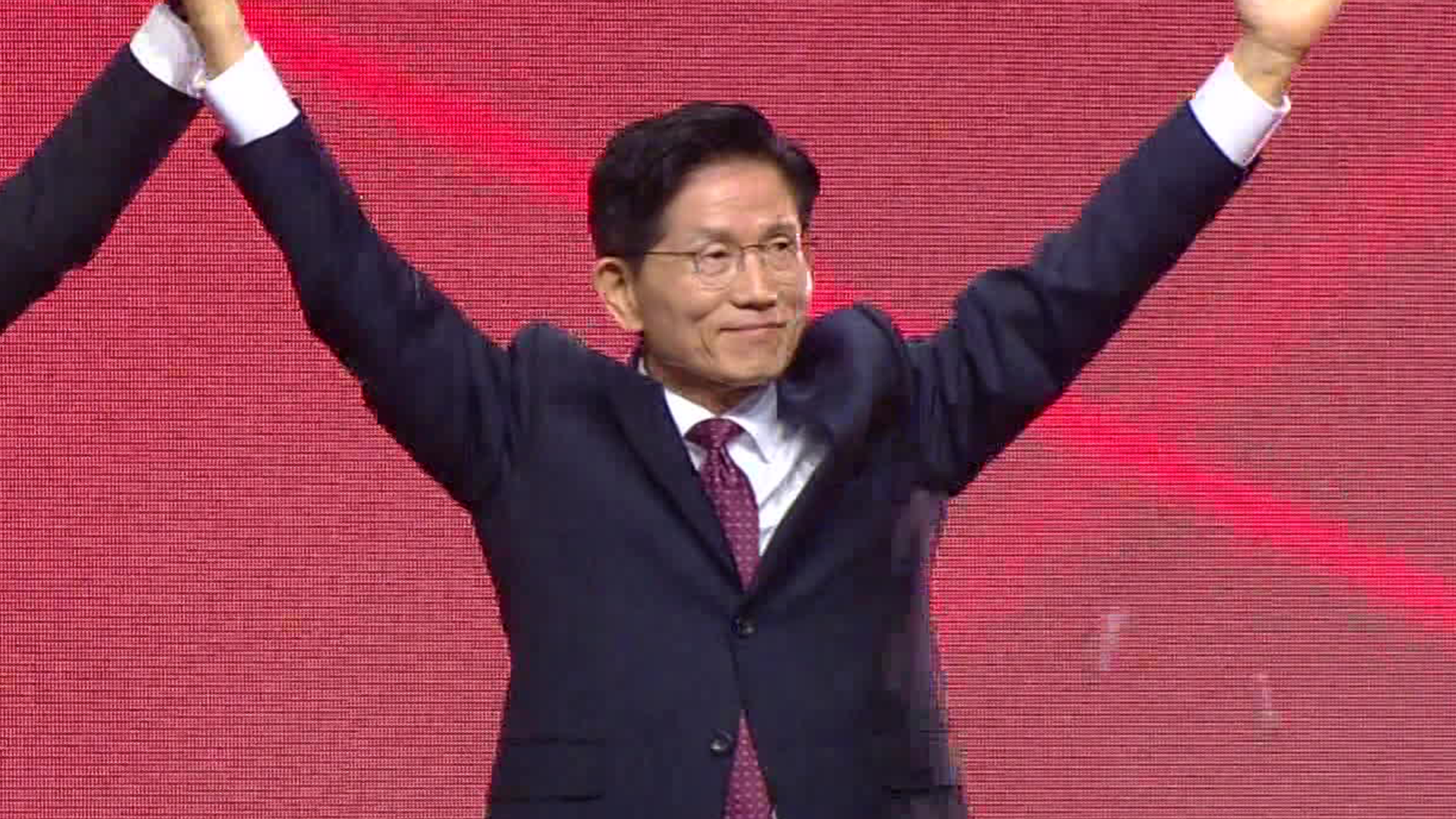
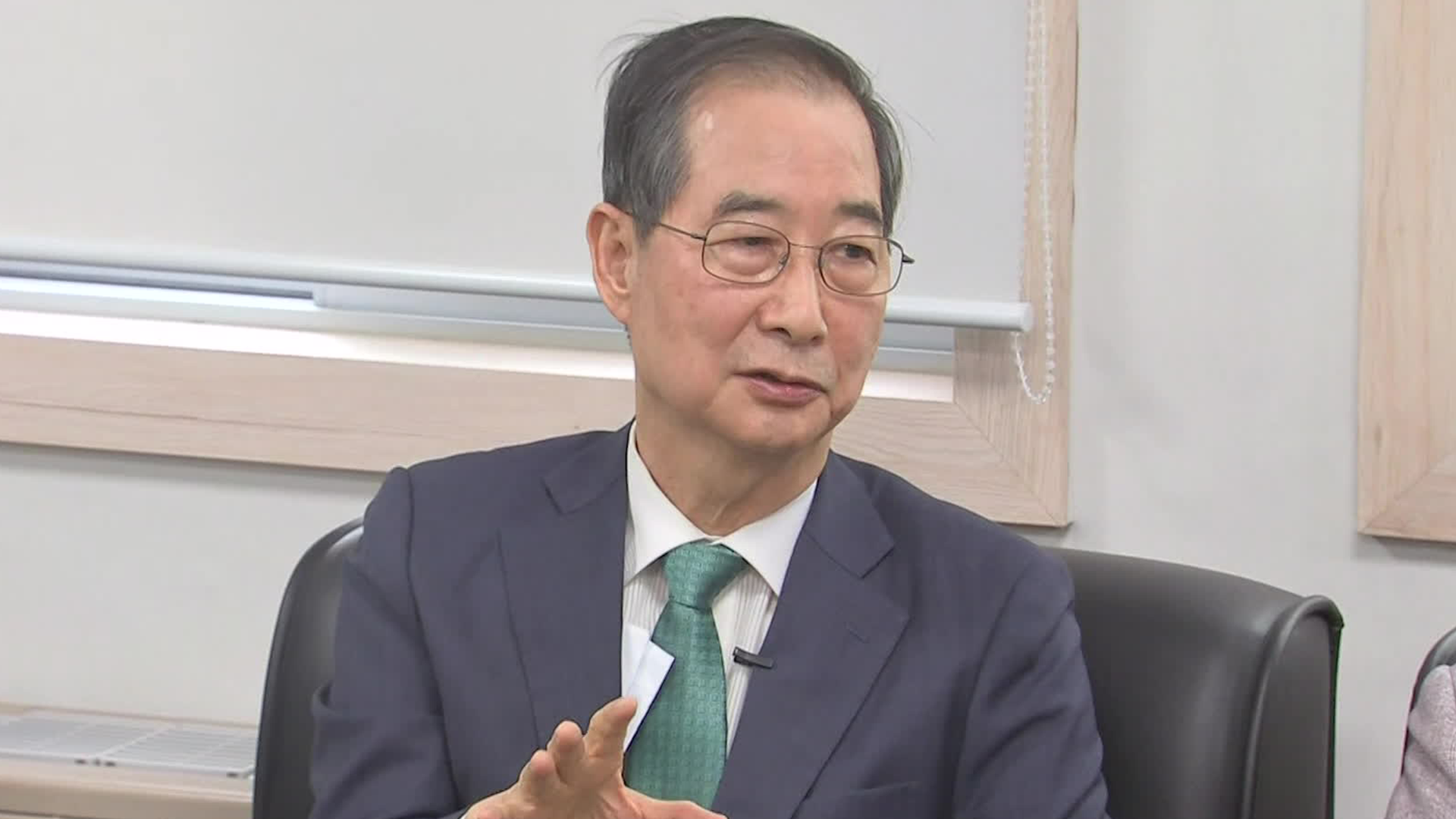
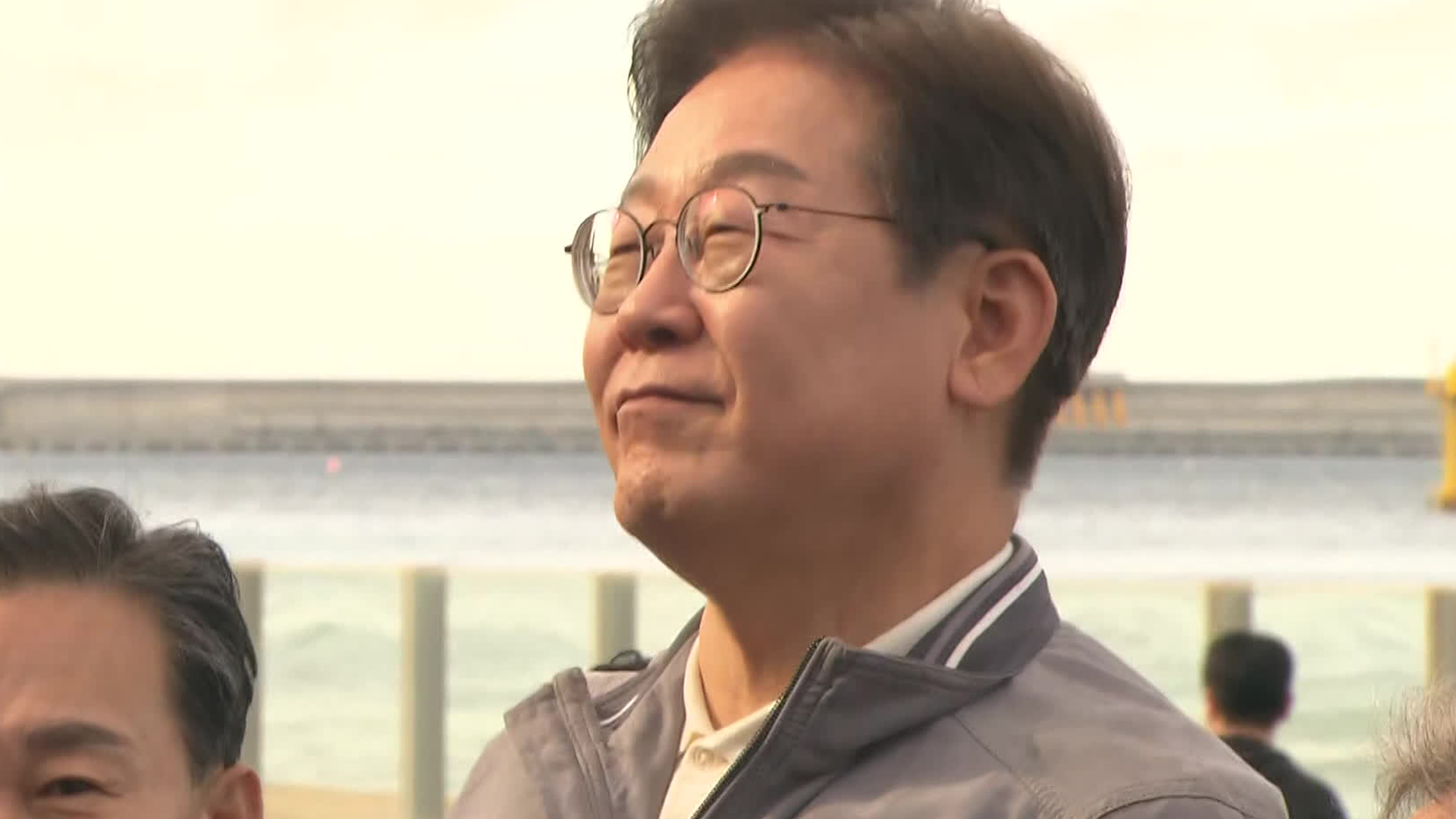
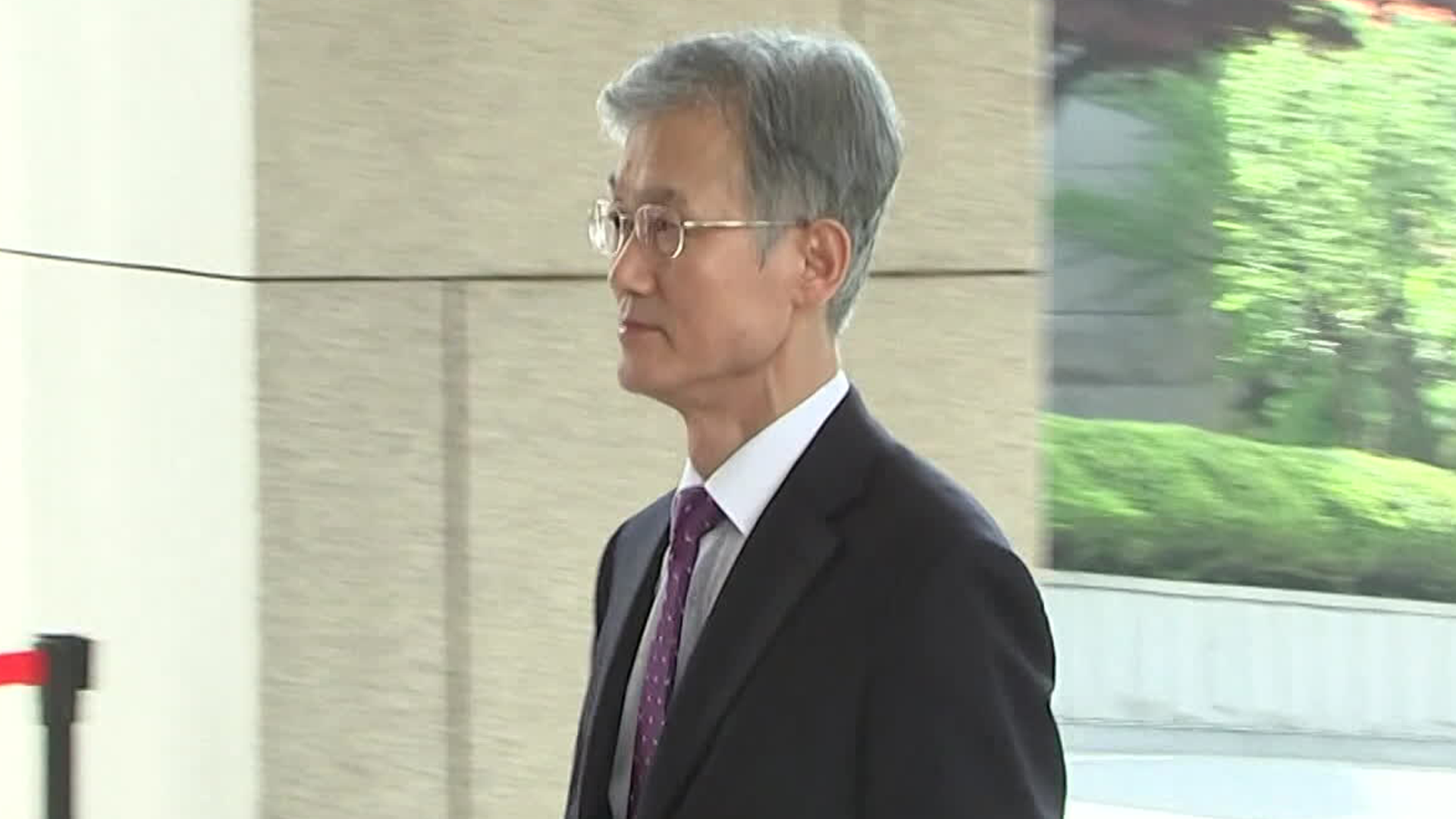

이 기사에 대한 의견을 남겨주세요.